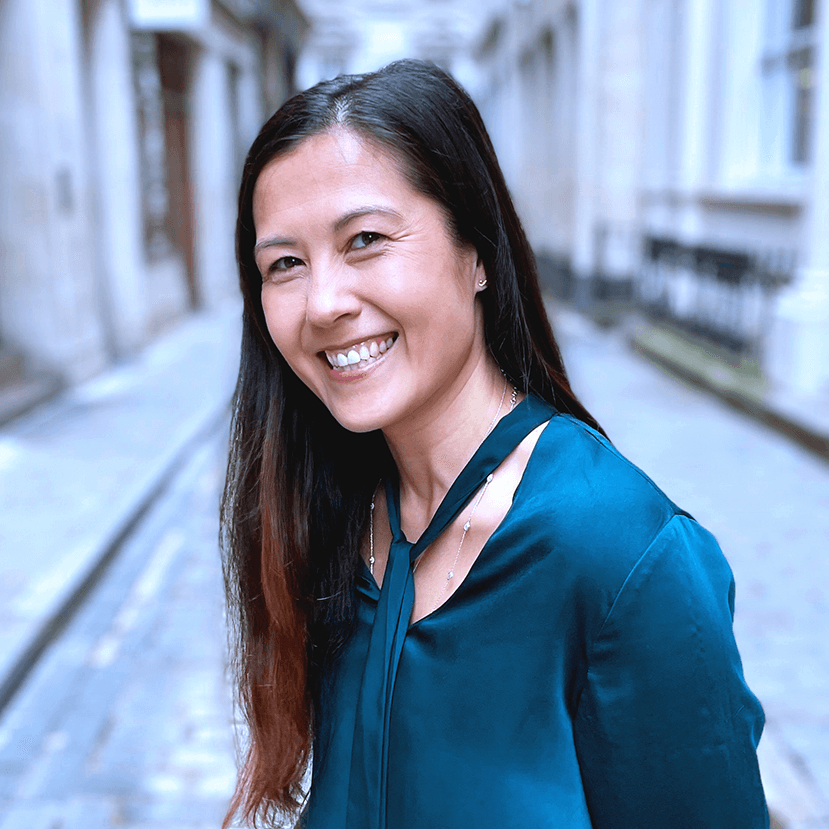
Building the ExCo at Renovah: Meet Malik – The Inclusive Leader
Welcome to Renovah, an organisation championing The Leadership Code. Six distinct leaders sit on Renovah’s Executive Committee (ExCo). Today we meet Malik, the one who ensures every voice is heard, especially the ones others overlook.
Role: Chief Operating Officer at Renovah
Years in Leadership: 12
Leadership Archetype: Inclusive

Malik is the operational spine of Renovah. While others shape strategy, he shapes how people come together to deliver it. His remit spans cross-functional collaboration, execution discipline, and the orchestration of teams across regions and business units.
For Malik, inclusion isn’t a slogan, it’s an operational lever. When people feel safe to speak openly, decisions improve, blind spots shrink, and execution accelerates. When conversations stall, Malik asks: “What are we not seeing because we’re only hearing from the same voices?” That question shifts meetings from circular discussions to meaningful progress, and in an era where silos can kill execution, that quality is commercial muscle.
Malik embodies The Leadership Code’s Inclusive archetype:
“Creates an environment where diverse perspectives are valued, collaboration thrives, and challenges are navigated with openness and mutual respect.”
What’s on Malik’s radar
Malik turns complexity into clarity and ensures projects don’t stall. His focus is on creating flow across functions, especially when pressure is high and decisions must be made quickly.
- Cross-functional execution: Eliminating bottlenecks between product, finance, operations and technology. Malik runs decision forums designed to surface multiple viewpoints before work begins, which reduces rework and improves speed to value.
- Psychological safety as an execution advantage: Between 2020-2024, MHFA reported a 25% drop in employees who felt they could show up authentically to work. Malik sees the operational risk hidden in that statistic. When people edit themselves, or don’t feel safe to challenge ideas, innovation slows, problems don’t surface early, projects get delayed. This is why Malik builds psychological safety into every forum he runs, because early truth-telling protects timelines and reduces costly rework.
- Conflict as a source of insight: Malik pushes teams to test ideas rather than protect them. He designs meetings where disagreement is not a derailment, but a data point that strengthens the outcome. By setting the standard – challenge with evidence, listen with respect – he turns debate into a controlled mechanism for de-risking decisions, while improving the impact of those decisions by opening the floor to diverse perspectives.
- Representation in decision flow: Malik tracks who contributes to key decisions. If he notices the same cluster of voices dominating the conversation, he intervenes early by restructuring who is involved and when: rotating contributors based on proximity to customers, data ownership or operational impact. This prevents decisions being shaped by hierarchy instead of insight.
What drives him
Malik has two core beliefs: people think more boldly when they feel they belong, and decisions made by a narrow group produce narrow results. His aim is to create an environment where contributors speak early and openly, because when issues and ideas surface at the start, delivery moves with fewer delays and less risk.
How that shows up:
- He brings the right voices into decisions at the start of planning, not after work has started
- He interrupts dominance patterns in meetings and redirects the floor to missing perspectives
- He treats listening as an operation discipline because people contribute more effectively when they know their input matters
Challenges he’s faced
Obstacle #1: Delivering speed without depth
Early in his COO tenure, Malik drove decisions at pace to keep programmes moving. He gained speed, but paid for it later with rework, budget overruns and friction between functions that hadn’t been consulted. He learned that decisions made too narrowly create delays downstream, so now he widens input early so teams commit once, not twice.
Obstacle #2: Mistaking harmony for alignment
At one point, Malik protected meetings from conflict, believing cohesion meant progress. A critical programme later stalled when unresolved concerns surfaced halfway through implementation. He learned that avoiding tension stores up operational risk, so now, he treats dissent as data, creating space for constructive challenge and surfacing tension early to prevent risk later.
The team context
Malik leads operations across geographies, functions and diverse working styles. His world is a matrix: complex dependencies, stretch targets, and constant reprioritisation.
His team includes:
- Delivery leads responsible for sequencing programmes and keeping value at the centre
- Product and finance partners who manage trade-offs between speed and cost
- Regional operations managers who bring cultural and market nuance to decision-making
Malik’s strength lies in creating an environment where these people speak openly. In MHFA’s survey, nearly one in three UK employees reported seeing people excluded for being different. Malik refuses to allow that signal to echo inside Renovah. He meets with new joiners personally within their first month, not to brief them on processes, but to understand how they think.
What impact Malik’s had
The results of Malik’s leadership speak for themselves:
- Innovation output rose 22% YoY following his introduction of idea-testing forums
- Operational cost avoidance of £4.6 million achieved over two years through reduction in duplicated effort
- Employee engagement in operations climbed 18 points, with psychological safety scores up 31%
How he got there
Malik is deliberate about development. Through Hanover’s Leadership Code programmes, he honed three skills that elevated his impact:
- Cross-cultural collaboration: Malik learned to adapt decision-making styles across regions and functions, techniques which now underpin Renovah’s global operating model.
- Networking as influence: This module gave Malik a new lens on relationships: networks aren’t social, they are operational. The more connected his leaders are, the faster decisions move.
- Inclusive conversations: Malik gained structured tools for moderating tension and drawing out perspectives without letting conflict derail progress.
Why Malik’s Inclusive Leadership matters
On the ExCo table, Malik represents operational reality. He sees how decisions cascade through real teams, processes, and constraints. When others debate strategy, Malik asks: Who will execute it? Who needs to be part of this conversation?
His influence protects Renovah from narrow thinking that slows progress and inflates risk. Inclusion is how Malik delivers results with fewer surprises and stronger alignment. Without Malik, execution would rely on assumptions, not insight.
Want more Maliks in your business?
Malik’s story shows that inclusion isn’t just cultural, it’s operational.
Hanover equips organisations to embed Inclusive Leadership into operational practice. Through targeted modules, leaders learn how to create environments where difference sharpens thinking, teams deliver with clarity, and execution benefits from the full breadth of talent.Reach out to our Director of Leadership Solutions, Elle Robinson, to learn how Hanover’s Leadership Code is preparing Inclusive Leaders.



